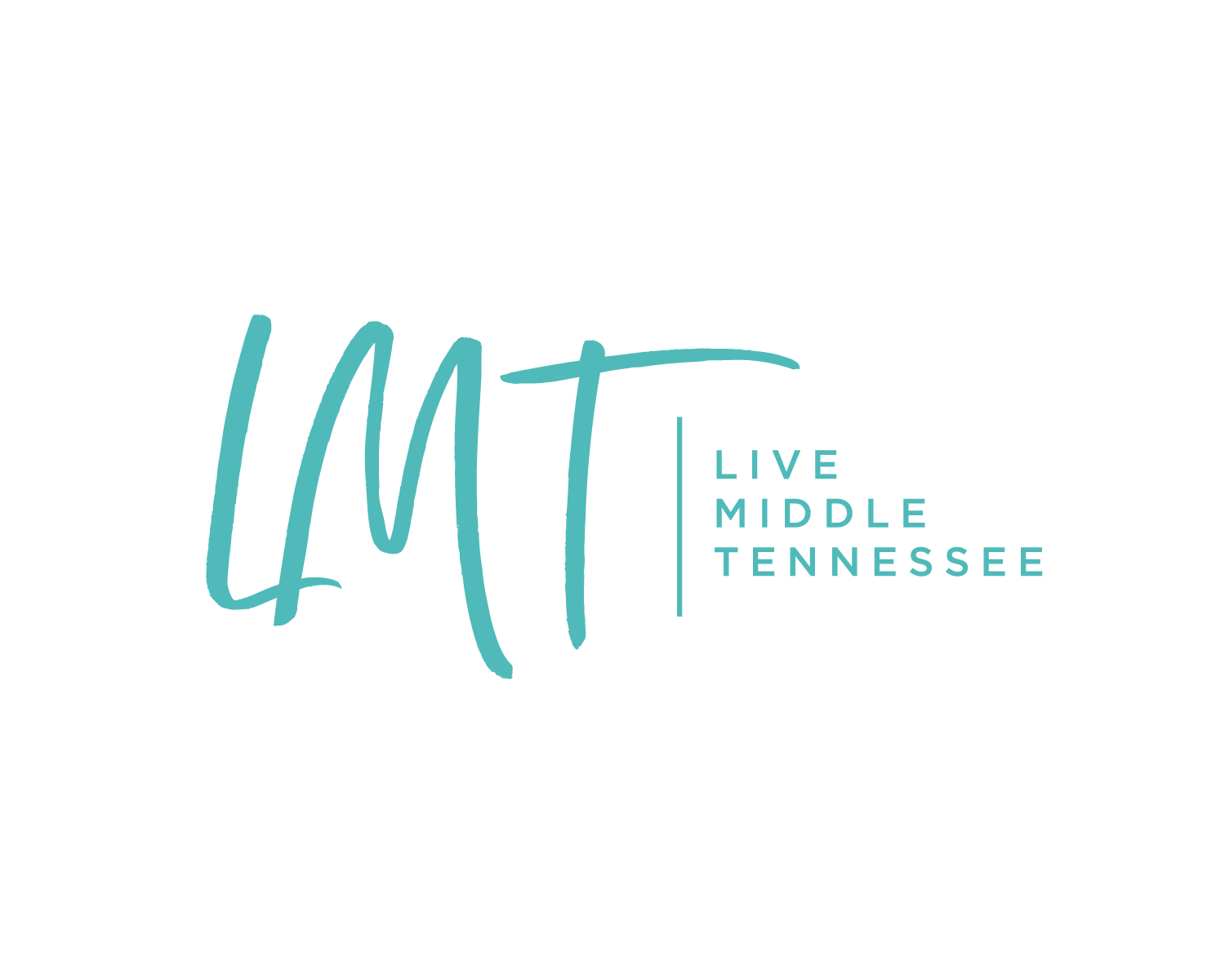What Is Earnest Money and How Much Do I Need?
What is it?
Earnest money shows a seller you are serious about purchasing their home. When a buyer offers to buy a home, they will almost always include an immediate good faith payment, known as earnest money or trust funds, to solidify the purchase and sale agreement. Earnest money isn't an extra payment to the seller. The money will be applied to expenses the buyer has at close.
How much do I need?
There is no hard requirement. Generally, a buyer will offer 1-2% of the sale price. We've seen as little as .5% be accepted. The less offered, the less at stake. The less at stake, the easier it could be for the buyer to default on the contract if they decide they don't want the home.
It usually isn't a big deal to put down a sizable amount of earnest money because, if the buyer will be paying money at closing, the earnest money will be applied toward those costs.
Where does it go?
In middle Tennessee, earnest money will almost always be sent to the listing agent's broker to be held in an escrow account. Strict laws exist to protect earnest money and it is never to be in a personal account of any kind.
Should the contract fall through, the buyer will usually get their earnest money back if contingencies were written into the contract. If the buyer does not uphold their end of the contract, they could lose the earnest money.
Assuming the contract goes through to closing, the buyer's earnest money could be applied to closing costs, prepaid costs, or down payment.
Contact Us if you’re ready to talk about buying or selling a home!

